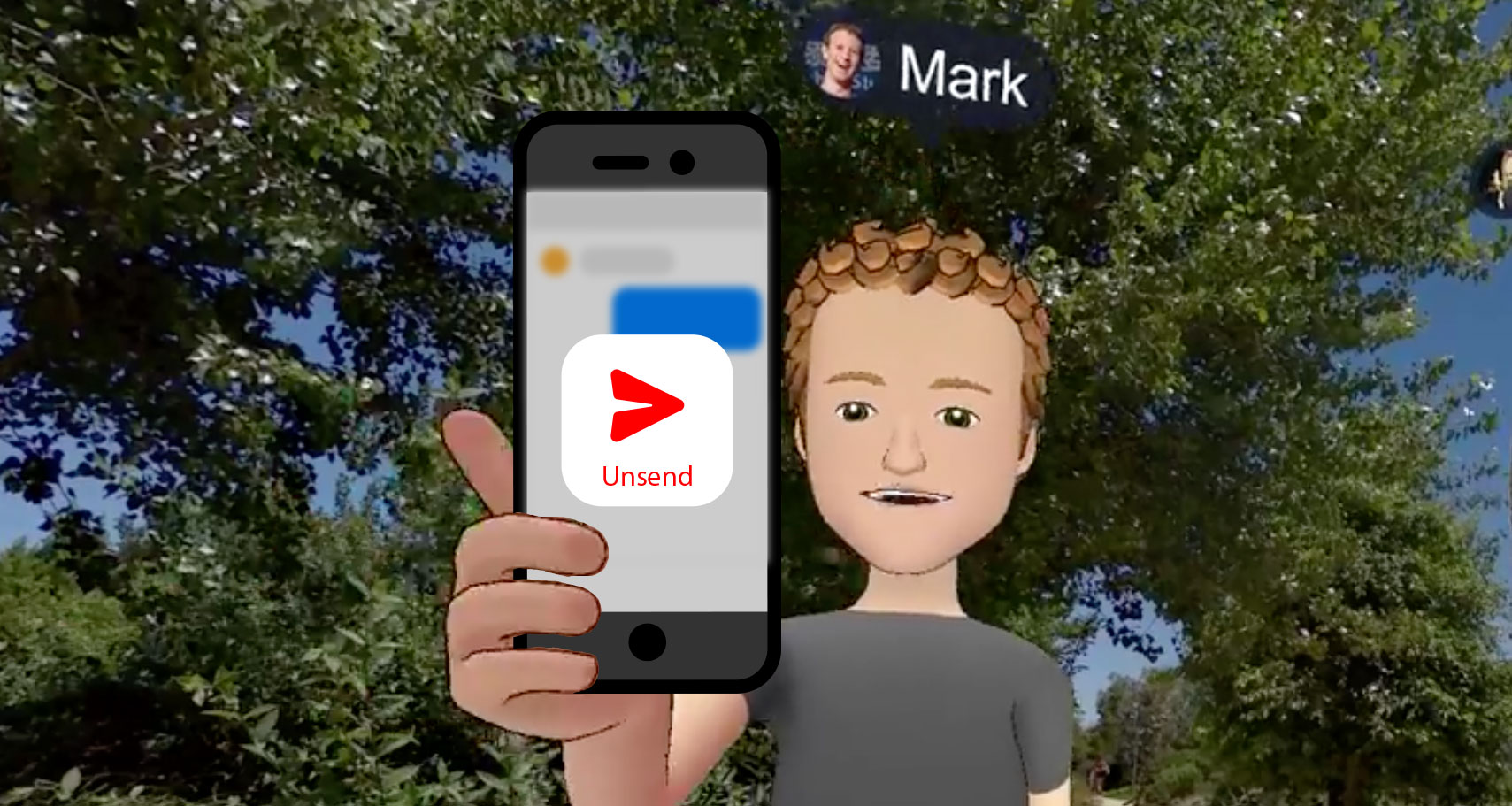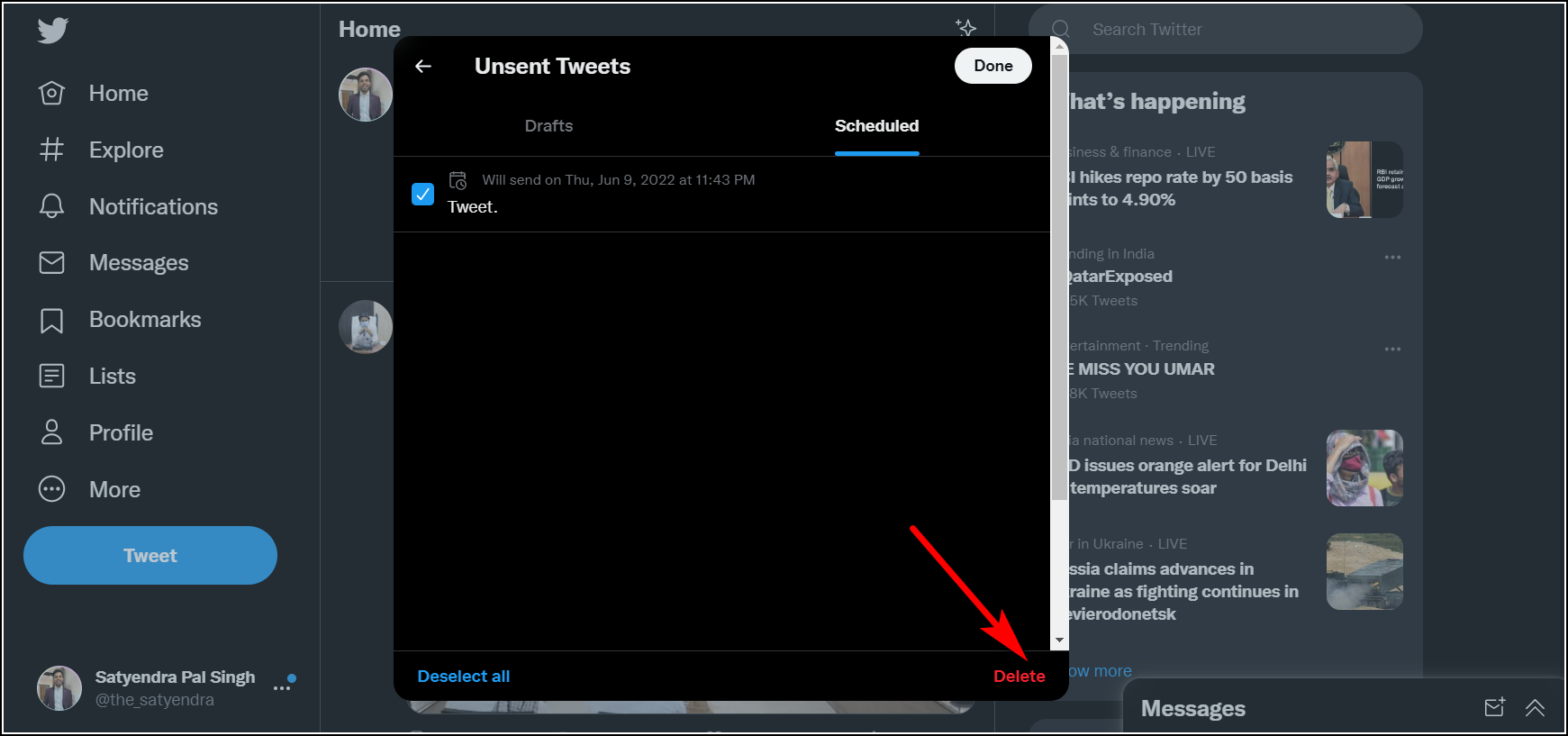Unsent messages project revealed – the powerful messages that never got sent the shocking truth everyone needs to know – Unsent Messages Project Revealed – the powerful messages that never got sent, the shocking truth everyone needs to know – unveils a hidden world of unspoken emotions. This investigation delves into the psychology behind unsent texts, emails, and social media messages, exploring the reasons why we craft but ultimately refrain from sending these communications. From apologies to declarations of love, the project examines the diverse range of unsent messages and their profound impact on relationships and mental well-being.
The study analyzes the content of these messages, revealing intricate details about relationship dynamics, conflict, insecurity, and unmet needs. It explores how technology influences our communication choices, highlighting the societal implications of this increasingly prevalent phenomenon. Through case studies, fictional narratives, and metaphorical interpretations, the project paints a vivid picture of the emotional weight carried by these silent communications, ultimately offering insights into the complex interplay between technology, psychology, and human connection.
The Psychology of Unsent Messages: Unsent Messages Project Revealed – The Powerful Messages That Never Got Sent The Shocking Truth Everyone Needs To Know
Unsent messages represent a fascinating intersection of technology and human emotion. They are silent witnesses to our internal struggles, revealing anxieties, regrets, and unspoken desires. Understanding the psychology behind these digital ghosts offers valuable insight into human behavior and communication patterns.
Emotional Drivers Behind Unsent Messages
Several emotional factors contribute to the creation of unsent messages. Fear of rejection, the desire to avoid conflict, self-doubt, and the need for time to process complex emotions are common drivers. The act of composing a message, but not sending it, allows for a period of reflection and self-regulation, albeit often a temporary one.
Types of Unsent Messages
Unsent messages encompass a wide spectrum of communication intentions. Apologies for past mistakes, confessions of hidden feelings, declarations of love or affection, and accusations or criticisms are all common examples. The content often reflects the sender’s emotional state and their perceived risk-reward assessment of sending the message.
Impact of Sending vs. Not Sending
The psychological impact of sending versus not sending a message can be significant. Sending a message, even if it leads to conflict, can provide closure and a sense of release. Conversely, leaving a message unsent can lead to lingering anxiety, regret, and a sense of unresolved tension. The choice often hinges on a complex interplay of perceived risk, anticipated outcomes, and emotional resilience.
Common Scenarios
Unsent messages are prevalent in various scenarios. Romantic relationships frequently feature unsent declarations of love or break-up messages. Professional settings might see unsent emails expressing dissent or criticism. Family dynamics can involve unsent apologies or expressions of hurt feelings. The pervasiveness of unsent messages highlights the challenges of navigating complex interpersonal relationships in the digital age.
Hypothetical Case Study: The Job Offer
Consider a hypothetical scenario: Sarah receives a job offer but is unsure if she wants to accept it. She drafts an email expressing her gratitude but declining the offer due to concerns about work-life balance. If she sends the email, she experiences a sense of relief, but risks losing a potentially good opportunity. If she doesn’t send it, she may experience anxiety and indecision, prolonging her uncertainty and potentially missing other opportunities.
The Unsent Message as a Reflection of Relationships
The content and fate of unsent messages offer a unique window into the dynamics of a relationship. They reveal unspoken anxieties, unmet needs, and the power dynamics at play. Analyzing these silent communications can shed light on the health and stability of a connection.
Unsent Messages and Relationship Dynamics

Source: unsentfaqs.com
Unsent messages often reflect the complexities of relationships. A message expressing jealousy or insecurity might reveal underlying trust issues. An unsent apology might indicate a reluctance to admit fault or a fear of further conflict. The act of not sending a message itself can signal a breakdown in communication or a desire to avoid confrontation.
Impact on Interpersonal Trust
The decision to send or not send a message significantly impacts interpersonal trust. Repeated instances of unsent messages expressing crucial emotions or information can erode trust and create distance. Conversely, the willingness to send difficult messages, even when risky, can strengthen a relationship by fostering open communication and vulnerability.
Recurring Themes in Different Relationship Types, Unsent messages project revealed – the powerful messages that never got sent the shocking truth everyone needs to know
Unsent messages exhibit recurring themes across various relationship types. Romantic relationships might feature unsent declarations of love or break-up messages. Family relationships might involve unsent apologies or expressions of hurt feelings. Professional relationships might involve unsent criticisms or requests for clarification. These patterns highlight the universal human experience of navigating complex emotions and interpersonal dynamics.
Sent vs. Unsent Messages: A Comparison
| Relationship Type | Sent Message Content | Unsent Message Content | Impact on Relationship |
|---|---|---|---|
| Romantic | “I love you,” “Let’s go out,” “I’m breaking up with you.” | “I’m not sure about us,” “I’m afraid to tell you how I feel,” “I want to leave but I’m scared.” | Open communication strengthens trust; unsent messages can lead to resentment and distance. |
| Familial | “I’m sorry,” “I appreciate you,” “I’m proud of you.” | “I’m angry with you,” “I’m disappointed in you,” “I need help but I’m too embarrassed to ask.” | Honest communication builds closeness; unsent messages can create strained relationships. |
| Professional | “Here’s the report,” “I agree with your proposal,” “Let’s schedule a meeting.” | “I disagree with your approach,” “I’m concerned about the project’s timeline,” “I need more support.” | Clear communication fosters collaboration; unsent messages can hinder productivity and lead to misunderstandings. |
Technological and Societal Implications
The rise of digital communication has profoundly impacted the prevalence and nature of unsent messages. The ease with which messages can be drafted and deleted creates both opportunities and challenges in interpersonal communication.
Technology’s Role in Unsent Messages
Smartphones and messaging apps have made it incredibly easy to compose messages, but the ease of deletion also creates a culture of hesitant communication. The “unsent” feature itself amplifies this tendency, creating a space for second-guessing and potential regret.
Social Media’s Influence
Social media platforms further complicate the landscape of unsent messages. The public nature of many platforms often inhibits the sharing of vulnerable or potentially controversial messages, leading to a build-up of unsent thoughts and feelings.
Timeline of Communication Technology and Unsent Messages
A timeline of communication technologies reveals a shift in the nature of unsent messages. From handwritten letters (where unsent messages were physically tangible) to instant messaging (where unsent messages are ephemeral digital drafts), the ease of creation and deletion has changed the dynamics of communication. The permanence of a written letter contrasted sharply with the ease of deleting a text message.
Societal Impact on Mental Health
The prevalence of unsent messages has potential implications for mental health. The constant ability to draft and delete messages can fuel anxiety and indecision, particularly for individuals prone to overthinking or self-doubt. The accumulation of unsent emotions can contribute to stress and feelings of isolation.
Potential for Misunderstandings
The absence of unsent messages can lead to significant misinterpretations. The recipient may assume a lack of communication means a lack of care or concern, leading to misunderstandings and hurt feelings. The ambiguity surrounding unsent messages necessitates careful consideration of communication strategies.
Creative Exploration of Unsent Messages
Unsent messages offer rich material for creative exploration, allowing us to delve into the unspoken emotions and anxieties that shape human experience.
Fictional Short Story
In a bustling coffee shop, amidst the clatter of mugs and conversations, Elias sits, staring at his phone. He has drafted a text to his estranged brother, a heartfelt apology for a long-held resentment. The words hang unfinished, a testament to years of unspoken hurt. He hesitates, the weight of the past heavy on his shoulders. Will he send it?
The fate of their relationship hangs in the balance.
Metaphorical Descriptions
Unsent messages can be seen as: a ghost in the machine, a silent scream, a digital purgatory, a shadow self, a whispered secret, a buried treasure, a phantom limb, a locked diary, an unfinished symphony, a poignant pause.
Visual Representation
Imagine a digital screen displaying a half-written message, the words fading into a hazy mist. The background is a swirling vortex of emotions: fear, regret, hope, and longing. The overall impression is one of profound emotional weight and unresolved tension, a visual metaphor for the unspoken words hanging in the digital ether.
The “Unsent Messages” project unveils the raw emotion behind words never sent, highlighting the unspoken anxieties and regrets of everyday life. This echoes the often-unseen consequences of online interactions, as explored in a recent analysis of craigslist fbks , revealing similar patterns of hidden communication and potential missed connections. Ultimately, the project underscores the importance of open communication and the weight of words left unsaid.
Sensory Experience
The act of writing an unsent message involves the rhythmic tap-tap-tap of fingers on a keyboard, the subtle glow of the screen illuminating the face in the dim light. The deletion is a swift swipe, a sudden erasure, a feeling of both relief and a lingering emptiness.
Poem

Source: unsentfaqs.com
Unsent words, a digital tomb,
Holding secrets, sealed in gloom.
A silent scream, a whispered plea,
Lost in the ether, wild and free.
Fear and doubt, a tangled thread,
Leaving hearts unsaid, unled.
Epilogue
The Unsent Messages Project reveals a compelling narrative about the unspoken words that shape our lives. The study demonstrates the significant psychological impact of both sending and withholding messages, highlighting the crucial role of communication in maintaining healthy relationships. Ultimately, this research underscores the importance of understanding the subtle nuances of digital communication and the potential consequences of our choices in the ever-evolving landscape of online interaction.
The project leaves readers pondering the untold stories lurking within their own digital archives and the profound implications of the messages they choose to send—and not send.
